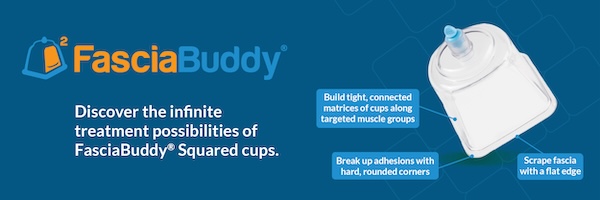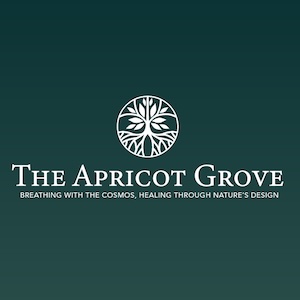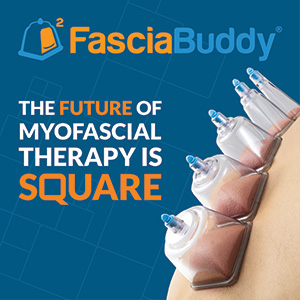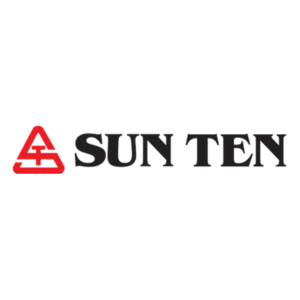What you grow up with, that’s what becomes normal. You could be smack dab in the middle of something extraordinary, but it’s simply everyday life for you.
In this conversation with Yvonne Lau we reflect on her experience of growing up as the daughter of immigrants from Southern China who ran an herb store in San Francisco’s Chinatown. It was a time when a few dedicated young people from the mainstream culture began to show a respectful and insatiable interest in Chinese medicine.
The interest of those young people was part of what would become a growing acceptance of Chinese medicine in the west. And the herb store; it too has grown through the years.
Listen into this conversation of playing hide and seek behind bags of uncut herbs, some of the characters who made up the Asian Chinese medicine community, how her parents herb store has become a major supplier of medicinals, and some of the challenges we face in this moment of time.
In This Conversation We Discuss:
- The role of family in shaping practitioners of Chinese medicine
- Emergence of acupuncture in Western medicine
- Changes in the demographics of Chinese medicine practitioners
- The effect of COVID-19 on Chinatown businesses
- Issues of racial prejudice against the Asian community
- The declining interest among younger generations in Chinese medicine
- The challenges related to prop 65 regulations affecting Chinese herbs
- The need for a unified legislative front in the field of Chinese medicine
- The role of education and practical experience in the field of acupuncture
- Profession vs Calling
- Honor legacy and respect are solid values that don’t go out of style
When in doubt, always go back to the basics rather than focus on the western diseases your patient tells you he or she is suffering. What is the differential diagnosis? The answer will naturally lead you to treatment principles and a solution.
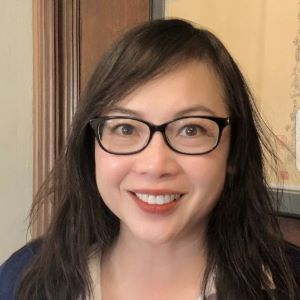 Yvonne Lau, Business Owner
Yvonne Lau, Business Owner
I have worked in our family Chinese herb business since childhood and in the role of Mayway President since 1997. I first visited China in 1982, and still travel there annually for business and pleasure. I have had the good fortune and honor to work with many people both in China and in the US who are also passionate about Chinese Medicine and herb quality.
I have also served as the Vice President of the Chinese Herb Trade Association of America (CHTAA) since 1998. The CHTAA was founded in San Francisco in 1984 and represents over 300 Chinese herb importers, distributors, and retailers primarily in California. I chair the Regulatory Compliance Committee for the Association, updating members on various regulatory issues, lecturing about Good Manufacturing Practices, Prop 65 and best business practices, as well as organizing and moderating meetings between regulatory agencies and the Association.
Subscribe To This Podcast In Your Favourite Player
Share this podcast with your friends!
Shop Talk with Sabine Wilms
Learning Classical Chinese Blows Your Mind
and Expands Your Toolbox
How and why could learning classical Chinese make you a better clinician? Here are a couple of possible reasons: Reading the Chinese medicine classics directly, instead of modern textbooks about them, facilitates a more direct and hence authentic transmission, thereby giving you maximum clarity and efficacy through precise diagnosis and treatments rooted in the Chinese medicine paradigm.
It enriches your medical vocabulary by introducing you to concepts that simply don’t exist in Western languages or the biomedical paradigm, such as “Triple Burner” or “Gate of Life,” “Bi impediment syndrome,” or even Qi and Yin/Yang. By providing access to untranslated highly specialized information, it is certain to blow your mind and expand your tool chest.
Last, but definitely not least, however, reading the classics will invariably remind you why you chose this path in the first place, rekindling your love for the Dao, reinspiring you and creating a space for not just professional but also personal cultivation, and for promoting virtue inside you, your community, and your patients. Emphasizing the lofty ideal of “harmonizing heaven and earth,” the classics call on us to practice Medicine with a capital M.
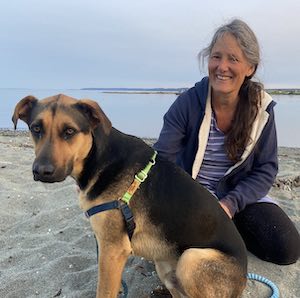 Sabine Wilms, PhD, is the author and translator of more than a dozen books on Chinese medicine. In addition to writing, translating, and publishing her work through her company Happy Goat Productions, she lectures around the world and mentors students through her online mentorship programs Imperial Tutor and “Reading the Chinese Medicine Classics.”
Sabine Wilms, PhD, is the author and translator of more than a dozen books on Chinese medicine. In addition to writing, translating, and publishing her work through her company Happy Goat Productions, she lectures around the world and mentors students through her online mentorship programs Imperial Tutor and “Reading the Chinese Medicine Classics.”
She also runs the world’s only rigorous intensive training program on classical Chinese for practitioners of Chinese medicine (translatingChinesemedicine.com) and recently started the Pebble in the Cosmic Pond podcast. Some of her favorite topics are gynecology, pediatrics, medical ethics, and “nurturing life.”
Dr. Wilms is known for her historically and culturally sensitive approach to traditional Chinese Medicine, but also sees it as a living, effective, ever-changing, and much needed response to the issues of our modern times. She lives happy as a clam with her goats, chickens, and other wild and domesticated animals on Whidbey Island near Seattle.






